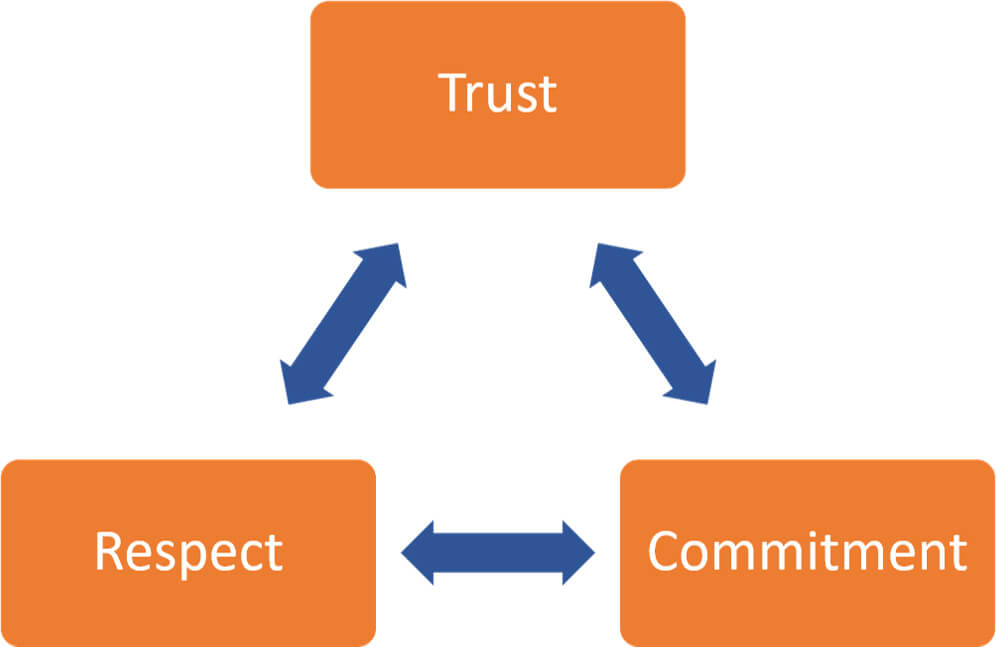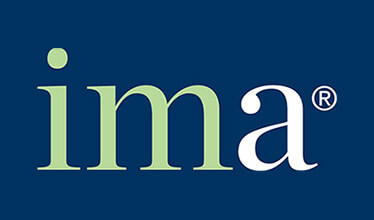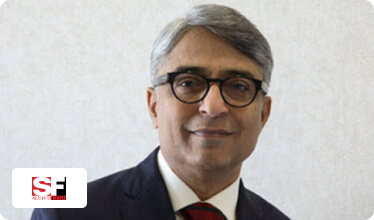In simple words, mentoring refers to a relationship in which a more experienced or more knowledgeable person helps to guide a less experienced or less knowledgeable person. The mentor may be older or younger than the person being mentored. However, the qualifying criterion for a mentor is that he/she must have a specific area of expertise.
The role of good mentorship is particularly pronounced amid the current scenario. The pandemic has created havoc across economies and industries. Employees at all levels are filled with anxiety about the professional and personal welfare. Under such circumstances, an organisation wanting to ensure the well-being of their employees should invest in robust mentorship programmes. This strategy can play a vital role in guiding the most vulnerable members of their workforce and help to boost their morale in these difficult times.
Mentoring in an organisational context
In an organisational setup, mentorship programmes can be an invaluable tool to empower employees, strengthen the talent pool and encourage a collaborative workplace culture. Typically, a corporate mentoring programme has three primary stakeholders. They are the mentor, the mentee (protégé) and the sponsor (employer/organisation).
Organisational mentoring relationships can be formal or informal. Formal mentoring refers to structured mentoring and is based on specific objectives. It brings people together based on compatibility. Because the approach is measured, it has a stated start date and an end date. Informal mentoring, on the other hand, has very little structure. It is mostly based upon the understanding between the persons involved. Many times, an informal mentoring relationship can evolve into a long-term friendship.
Three pillars of a successful mentorship programme

Trust, respect and commitment are integral to a successful mentoring programme. These three elements are inter-related and inter-dependent. Here’s why they are essential:
- A good mentorship programme is anchored in trust. The factor fosters trust and commitment. A mentee should have faith that the mentor has his/her best interest in mind while providing guidance. A mentor should treat the information shared by the mentee with careful consideration and the highest consideration.
- Respect is a natural outcome of any relationship based on trust. To drive a mentoring programme successfully, it is critical to remember that trust is a two-way street. A mentee stands to gain from the direction provided by his/her mentor. The latter also benefits in terms of experience, new perspectives and emerging trends.
- Like any relationship, commitment is a vital clog in successful mentoring. Commitment comes naturally where there are trust and respect. When the mentor and mentee are respectful of each other’s time and talent, their bond becomes more reliable and positive.
Understanding the different types of mentorship programmes at the workplace:
- Traditional Mentoring: In its most traditional format, mentorship refers to a senior executive guiding a junior person. Their bond takes the form of a supportive learning relationship. The mentor shares knowledge and experience that he has garnered by virtue of his seniority to enrich a mentee’s professional journey.
- Peer Mentoring: This form of mentoring happens between a peer mentor who has lived through a specific experience or has a particular skill set and a peer mentee who is new to that experience or aspires to acquire the skill. In this setup, the mentor-mentee relationship can be interchanged, and both the parties can learn from each other.
- Reverse Mentoring: There are instances where the mentor-mentee age-group is reversed. A junior person can mentor his/her senior (which can sometimes also be executive personnel) on a variety of topics the younger generation is more familiar. Some examples include technology, digital tools, diversity etc.
- E-Mentoring: E-mentoring refers to virtual mentoring session wherein the interaction between the mentor and the mentee happens over a digital platform and not through an in-person meeting. There has been a surge in such mentorship programmes during the last few months, owing to the outbreak of the COVID-19 pandemic.
Now, more than ever, is the time to ask these questions to your organization:
Does your Organisation have a Mentoring Program?
Do you know the difference between a Hero, a Role Model & a Mentor?
Reach out to me in case you are interested in knowing more about One to One Mentoring or One to Many Mentoring!











